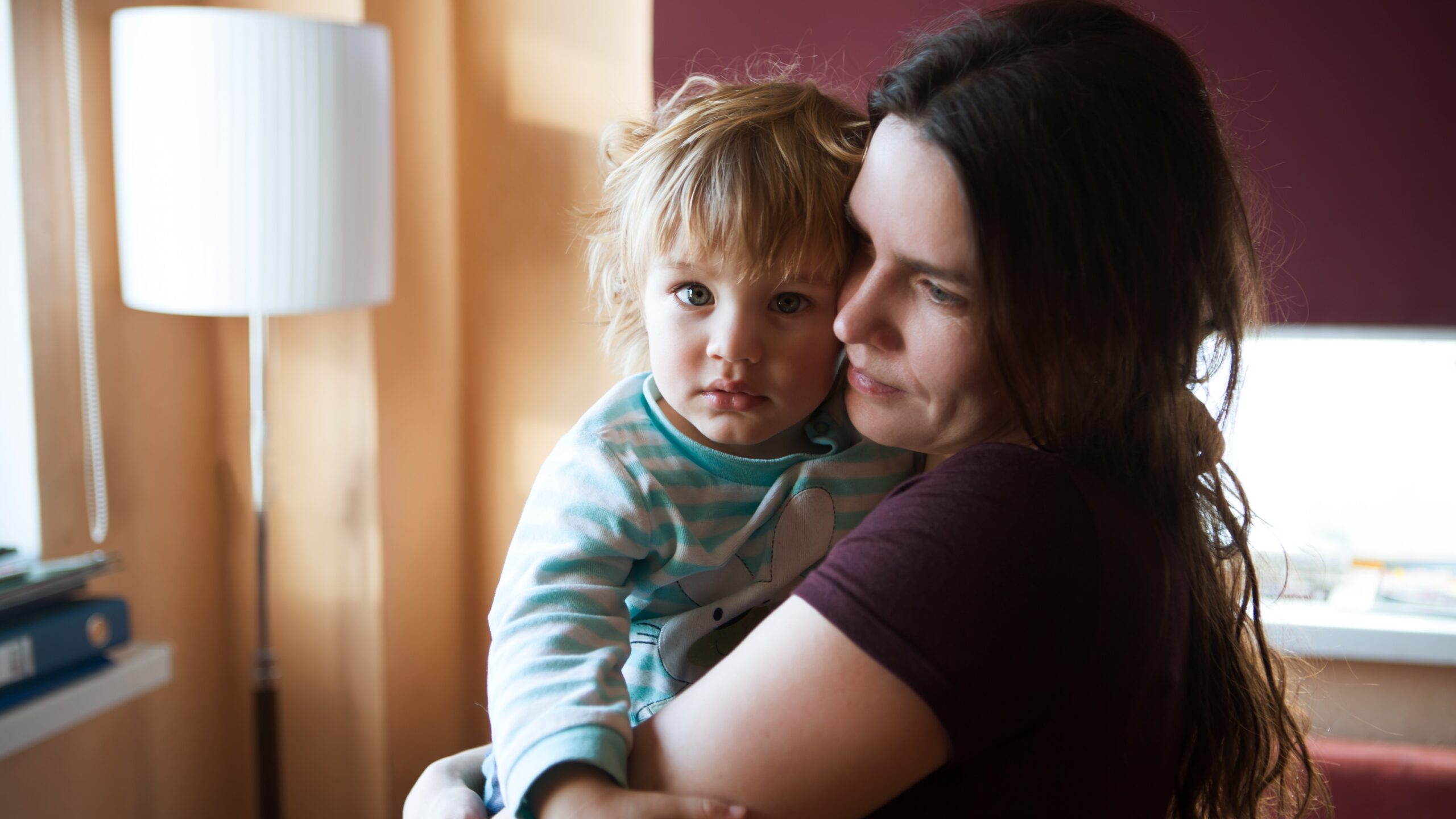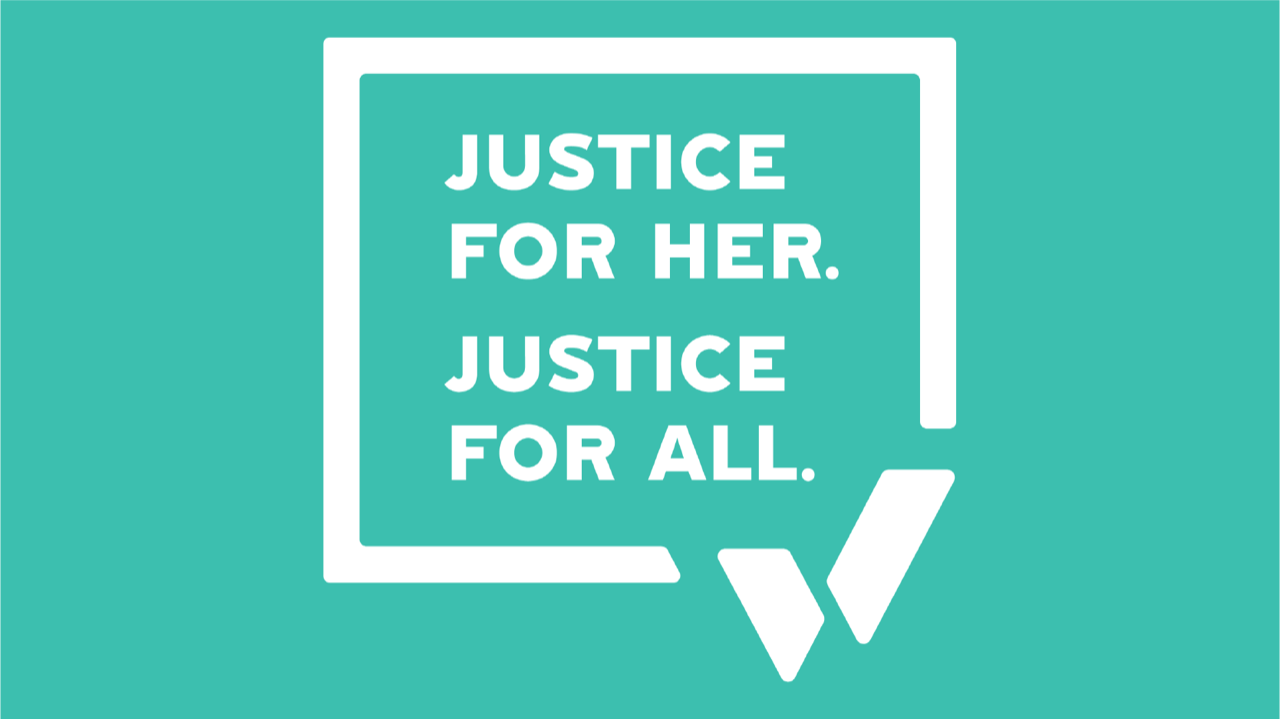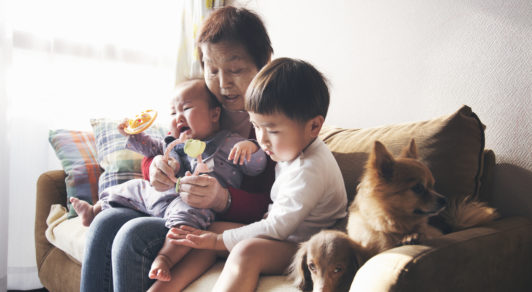Abortion rights, women of color, and LGBTQIA+ people are under attack. Pledge to join us in fighting for gender justice.

A growing share of U.S. families face economic insecurity. While many families experience financial precarity, it does not occur evenly. Women—especially Black, Latina, and Native women; women with disabilities; and immigrant women—and LGBTQIA+ individuals have long been disproportionately likely to experience poverty and hardship. These disparities are grounded in gender, racial, and other forms of discrimination across education, housing, health care, employment, tax, and other economic systems. As pandemic-related benefits have expired, women of color have struggled with high household costs, an uneven economic recovery, and the continued, persistent lack of adequate public investment in caregiving and other supports.
All people should have what they need to live with dignity, including a stable income, an accessible and affordable home, adequate nutrition, and the opportunity to build wealth. Public benefits help fill the gaps between insufficient income and the rising costs of food, rent, and raising children. These supports also further long-term economic mobility, improving health, education, and employment outcomes for individuals and families.
This issue brief highlights participation and anti-poverty impacts of key programs that boost nutrition, incomes, and housing affordability.






